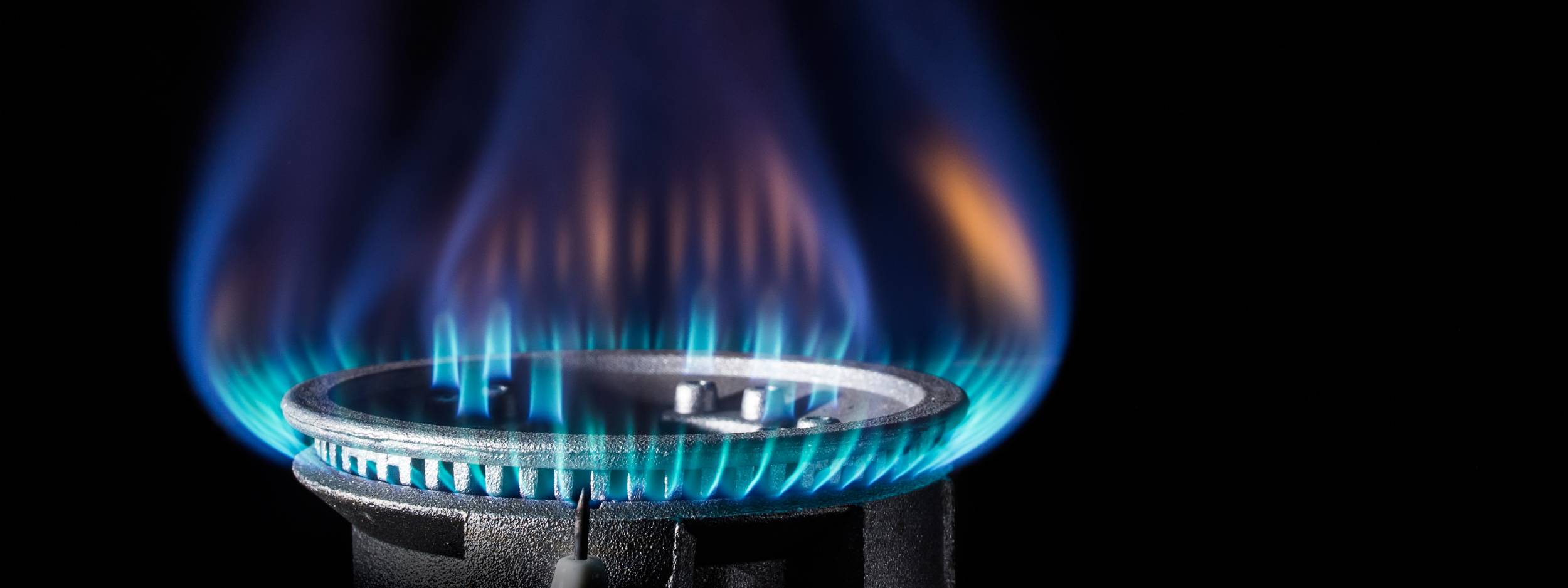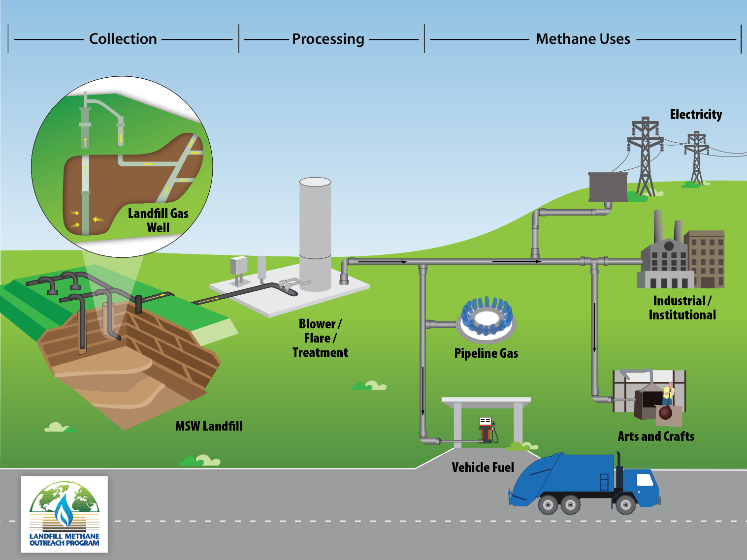
By Georgia Mae Lively – 11/7/2019
The Energy Co-op is pleased to offer Renewable Natural Gas to homes and businesses in both PECO and PGW service areas.
Renewable natural gas, also known as biogas or biomethane, is produced through the decomposition of organic materials. Some of that gas is then upgraded to meet natural gas pipeline quality standards and injected into the pipeline to be used by homes and businesses. Some is used to generate electricity. And RNG can also be used to power vehicle fleets, such as buses and garbage trucks.

The Energy Co-op sources its RNG supply primarily from landfills, which produce large quantities of methane gas as the organic waste within them breaks down. This is good for our environment because:
- It’s better for groundwater quality. No drilling, no fracking. Most natural gas, particularly in Pennsylvania, is sourced from our huge underground stores buried within the Marcellus shale and can only be accessed through hydraulic fracturing, which can lead to groundwater contamination. But landfill gas can be accessed without the use of fracking and therefore does not pose the same threat to our drinking water.
- It’s energy efficient. When landfills have no way to productively use biogas, their supply is often flared, meaning the landfill burns their store of methane gas to convert it into carbon dioxide. But flaring wastes the potential to generate energy from landfill biogas. Heating homes puts that energy to good use.
- And it’s sustainable. Well, at least for as long as organic waste is deposited in landfills, the supply of RNG is infinite. Fracked natural gas, by contrast, is a finite fossil fuel that takes thousands of years to produce. Landfill gas is the result of short-term decomposition and therefore replenishable.
Enrollment in The Energy Co-op’s RNG program for both PECO and PGW customers is available now. Our RNG members—and our entire community, in fact—will benefit from a more environmentally friendly and energy efficient source of home heating energy than natural gas sourced by drilling or hydraulic fracturing methods.
For more information, check out our blog post on what RNG is and what it means to sign up for it.
This post was updated on 8/27/2020.